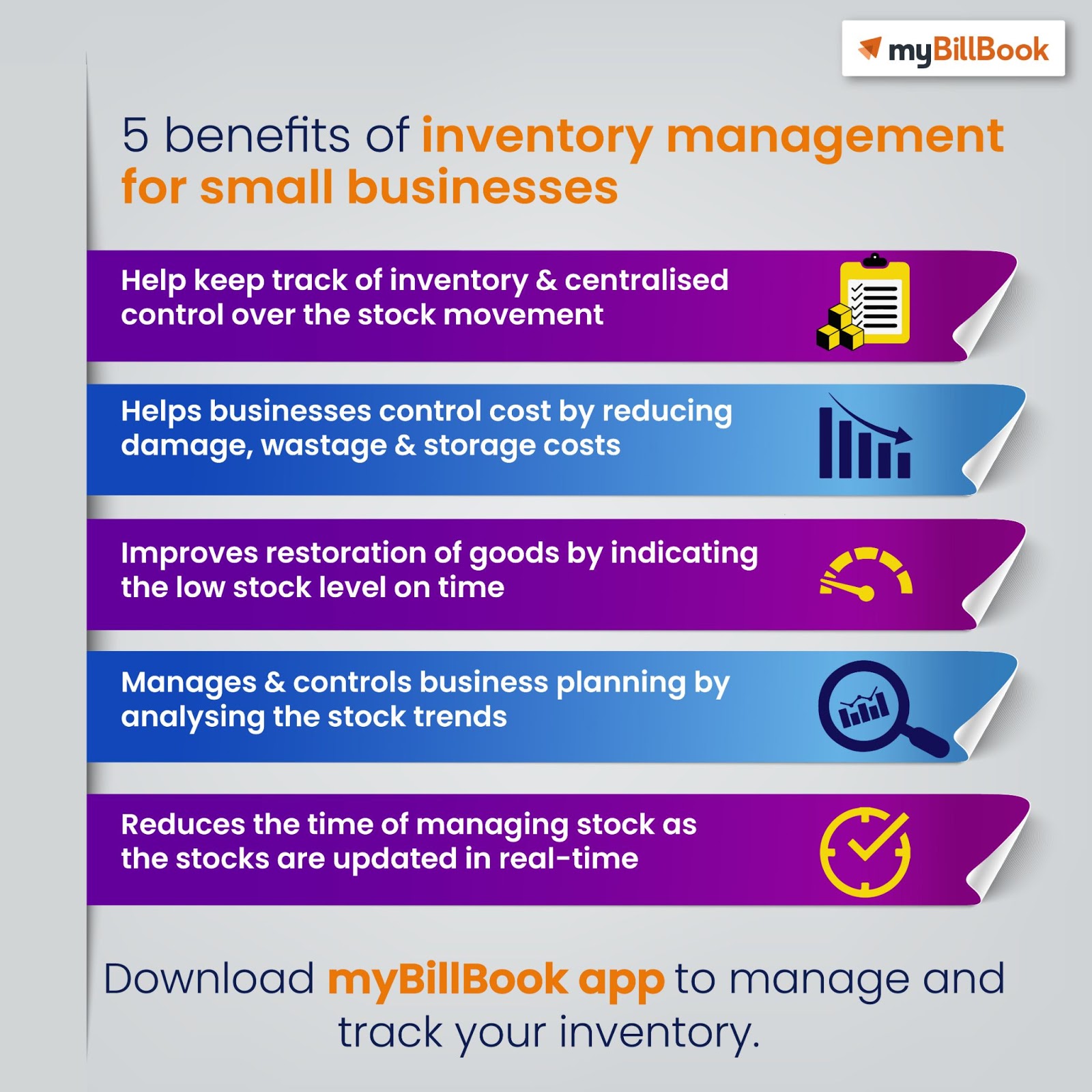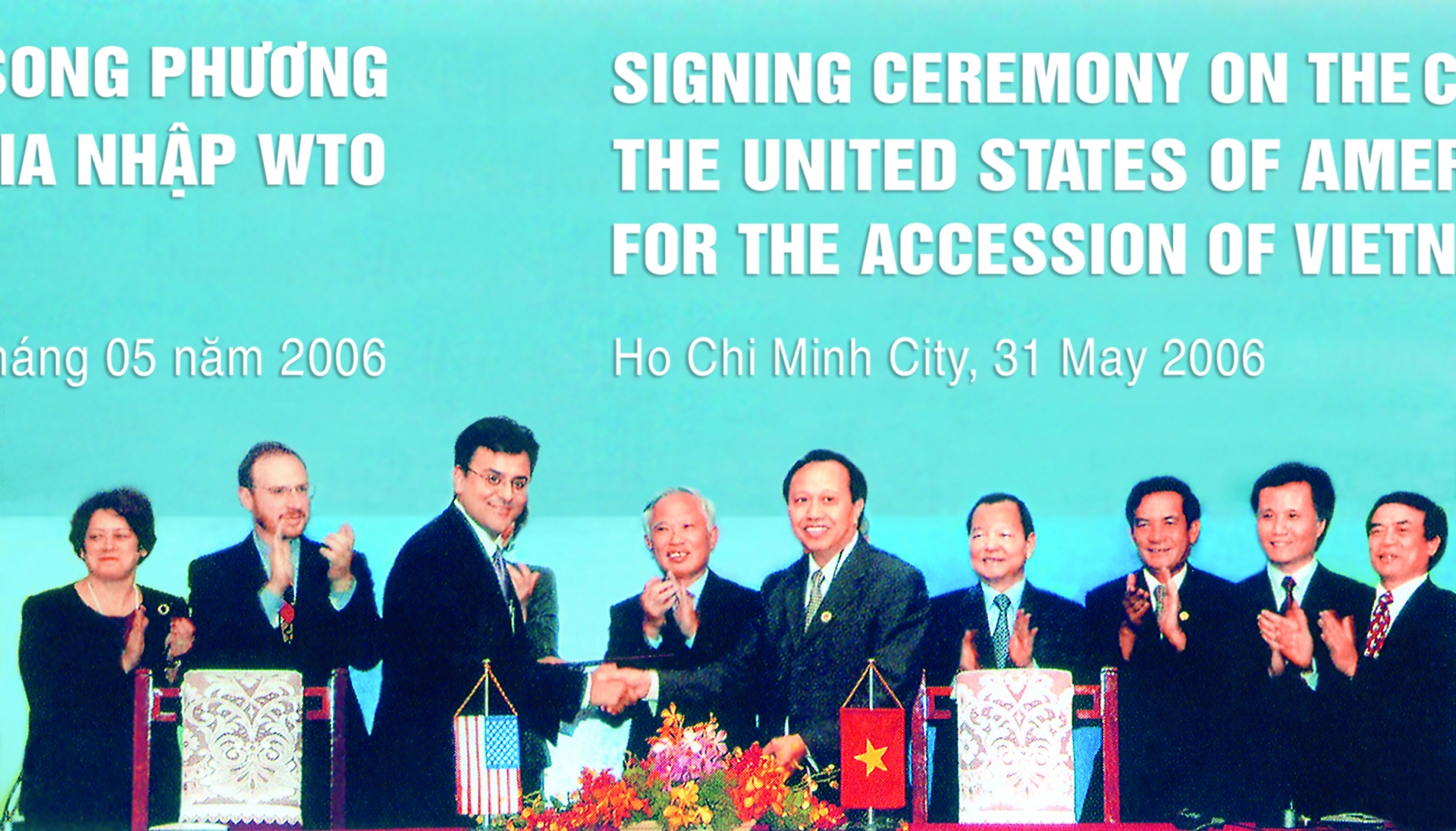The Importance Of Middle Management: Benefits For Businesses And Employees

Table of Contents
Improved Communication and Collaboration
Effective middle management is the cornerstone of seamless communication and collaboration within an organization. They act as a vital bridge, ensuring that information flows smoothly between senior leadership and frontline employees. Without this crucial link, misinterpretations and communication breakdowns are common, hindering overall productivity and strategic alignment.
Bridging the Gap
Middle managers play a critical role in translating complex strategic directives from upper management into actionable plans for their teams. They ensure that everyone understands their roles and responsibilities and that company goals are clearly communicated.
- Improved feedback mechanisms: Middle managers facilitate upward and downward feedback loops, ensuring that concerns and suggestions are heard and addressed.
- Clearer communication channels: They establish and maintain clear communication channels, using various methods to keep their teams informed and engaged.
- Effective dissemination of information: They ensure that crucial information reaches all team members in a timely and understandable manner.
Fostering Teamwork
Beyond communication, middle managers are essential in fostering teamwork and collaboration. They build strong, cohesive teams by implementing effective strategies and cultivating a positive work environment.
- Team building activities: They organize activities that foster trust and camaraderie among team members.
- Conflict resolution strategies: They possess the skills to mediate disagreements and resolve conflicts constructively.
- Promoting a positive work environment: They create a supportive and inclusive environment where team members feel valued and respected.
Increased Employee Engagement and Retention
A strong middle management team significantly impacts employee engagement and retention. By acting as mentors and providing support, they cultivate a motivated and loyal workforce.
Mentoring and Development
Middle managers are instrumental in guiding the professional development of their team members. They provide mentorship, support, and opportunities for growth, fostering loyalty and reducing employee turnover.
- Performance reviews: They provide regular and constructive feedback, helping employees improve their skills and performance.
- Providing opportunities for growth: They identify and create opportunities for employees to learn new skills and advance within the company.
- Fostering a culture of learning and development: They encourage continuous learning and professional development within their teams.
Improved Morale and Motivation
Effective middle management contributes directly to a positive work environment, boosting employee morale and motivation. This translates to higher productivity, reduced absenteeism, and increased retention rates.
- Recognition of achievements: They acknowledge and celebrate the accomplishments of their team members.
- Providing support and guidance: They offer consistent support and guidance, helping employees overcome challenges and reach their full potential.
- Creating a sense of belonging: They foster a sense of community and belonging within their teams, making employees feel valued and appreciated.
Enhanced Operational Efficiency and Productivity
Middle managers are essential for translating high-level strategies into efficient operational execution. Their problem-solving skills and decision-making abilities contribute directly to improved productivity and profitability.
Strategic Implementation
Middle managers translate broad strategic goals set by upper management into specific, actionable plans for their teams. This ensures that everyone is working towards the same objectives and that resources are utilized effectively.
- Project management: They manage projects effectively, ensuring they are completed on time and within budget.
- Resource allocation: They allocate resources efficiently, maximizing productivity and minimizing waste.
- Process optimization: They identify areas for improvement in workflows and processes, streamlining operations for greater efficiency.
Problem Solving and Decision Making
Middle managers are often the first to identify and address operational problems. Their ability to solve problems proactively prevents larger issues from developing and boosts overall productivity.
- Quick response to challenges: They respond quickly and effectively to challenges, minimizing disruptions and downtime.
- Identifying bottlenecks: They identify bottlenecks in workflows and processes, taking steps to remove obstacles and improve efficiency.
- Implementing solutions: They develop and implement effective solutions to address operational problems.
Developing Future Leaders
Strong middle management acts as a crucial breeding ground for future leaders within the organization. They provide a pool of talented individuals ready to step into more senior roles.
Succession Planning
Middle management provides a crucial source of talent for succession planning. By identifying and developing high-potential employees, organizations ensure a smooth transition of leadership.
- Identifying high-potential employees: They identify employees with leadership potential and provide them with opportunities for development.
- Providing leadership training and development opportunities: They provide training and mentorship to prepare high-potential employees for leadership roles.
Knowledge Transfer
Middle managers are vital for transferring institutional knowledge and expertise to newer employees. This ensures business continuity and ongoing growth.
- Mentorship programs: They participate in mentorship programs, guiding and supporting junior employees.
- Knowledge sharing initiatives: They facilitate knowledge sharing within their teams and across departments.
- Creating a culture of continuous learning: They foster a culture of continuous learning and knowledge transfer within their teams.
Conclusion
Investing in effective middle management is investing in the future success of your business. Strong middle management significantly improves communication and collaboration, increases employee engagement and retention, enhances operational efficiency and productivity, and develops future leaders. By focusing on developing strong leadership skills and fostering open communication within your middle management team, you can unlock significant benefits for both your employees and your bottom line. Don't underestimate the power of strong middle management – it's crucial for driving growth and achieving organizational success.

Featured Posts
-
 Yeida
May 07, 2025
Yeida
May 07, 2025 -
 Paige Bueckers Wnba Debut 10 Points In Loss To Aces
May 07, 2025
Paige Bueckers Wnba Debut 10 Points In Loss To Aces
May 07, 2025 -
 17 April 2025 Daily Lotto Winning Numbers
May 07, 2025
17 April 2025 Daily Lotto Winning Numbers
May 07, 2025 -
 Warriors Contact Kevon Looney Nba Free Agency Update
May 07, 2025
Warriors Contact Kevon Looney Nba Free Agency Update
May 07, 2025 -
 March Madness To Trademark Mayhem Protecting Your Brand During The Tournament
May 07, 2025
March Madness To Trademark Mayhem Protecting Your Brand During The Tournament
May 07, 2025
Latest Posts
-
 All Star Game 2024 Currys Victory Overshadows Format Criticism
May 07, 2025
All Star Game 2024 Currys Victory Overshadows Format Criticism
May 07, 2025 -
 New All Star Format Falls Flat Curry Still Reigns Supreme
May 07, 2025
New All Star Format Falls Flat Curry Still Reigns Supreme
May 07, 2025 -
 The Wto And Privilege A Fast Track To Membership
May 07, 2025
The Wto And Privilege A Fast Track To Membership
May 07, 2025 -
 Steph Currys All Star Championship A Dud Format
May 07, 2025
Steph Currys All Star Championship A Dud Format
May 07, 2025 -
 Accelerated Wto Accession A Privilege Based Strategy
May 07, 2025
Accelerated Wto Accession A Privilege Based Strategy
May 07, 2025
